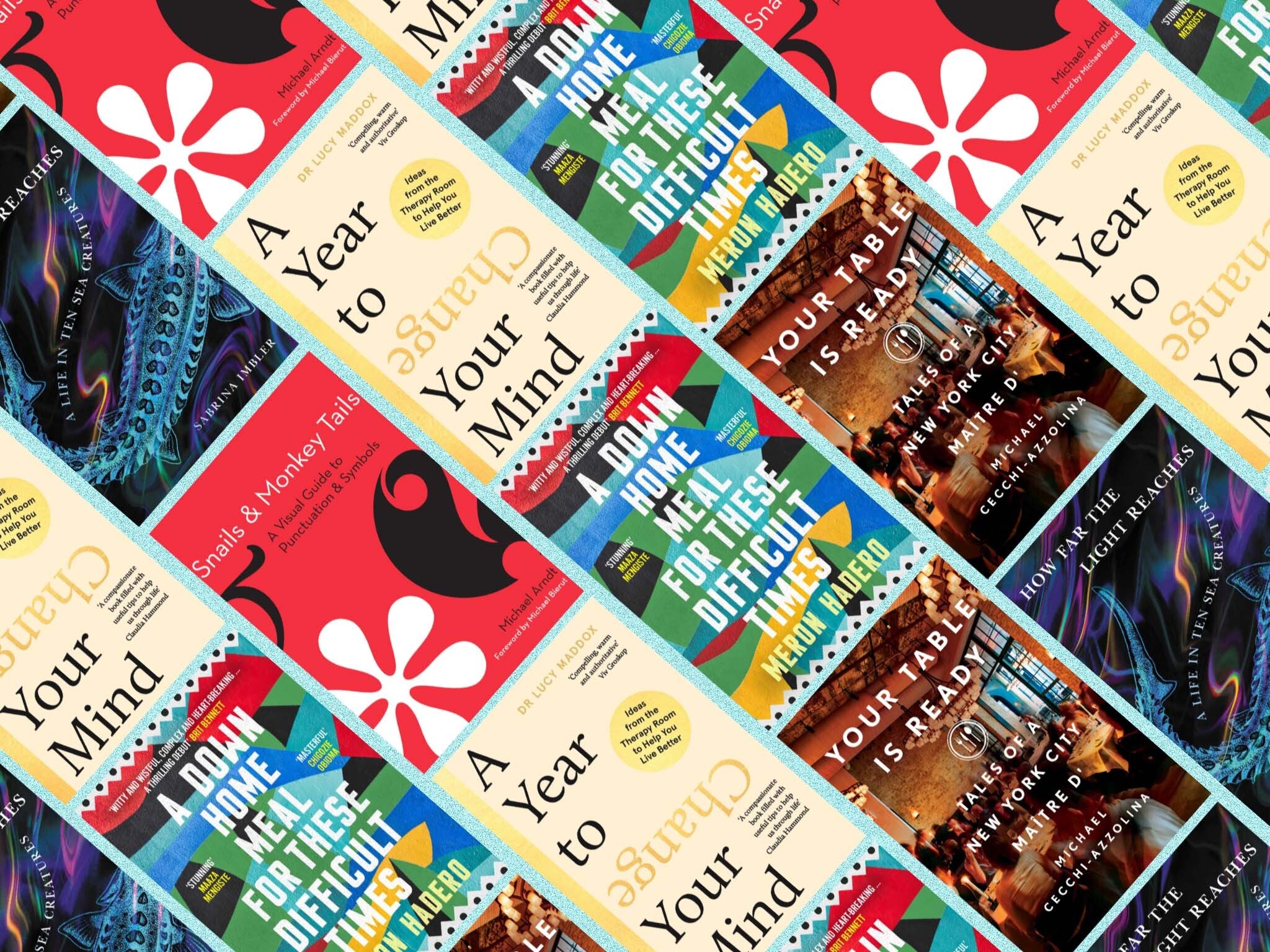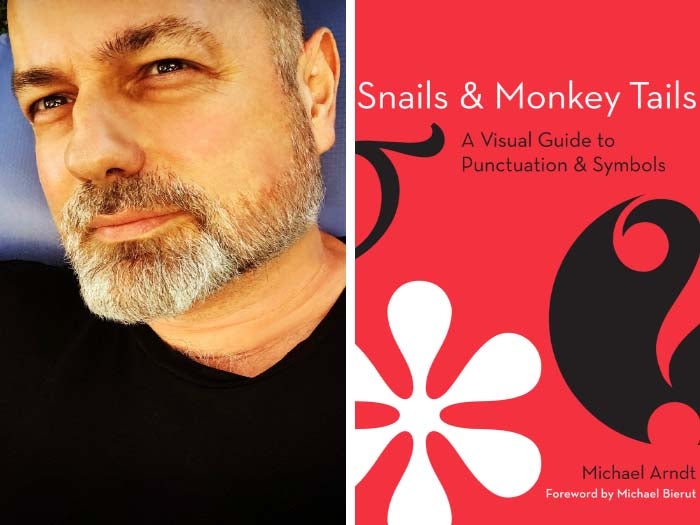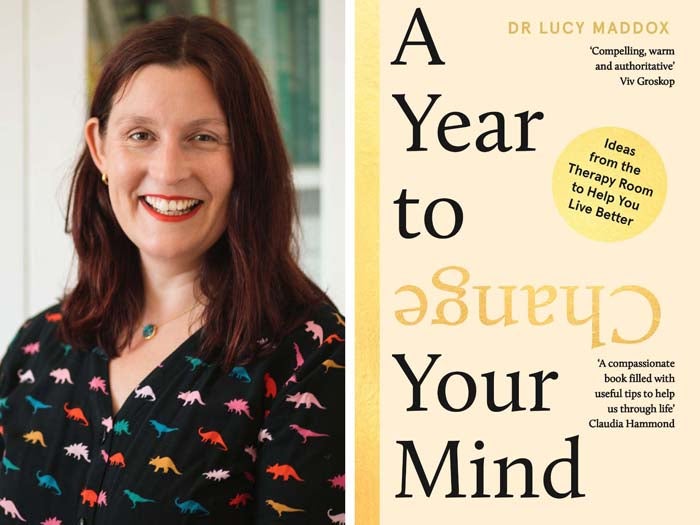Books of the month: Self-help, short stories and sea creatures
Martin Chilton reviews December’s biggest books for our monthly column


December is usually the quirkiest publishing month of the year. Along with the rush to stimulate Christmas sales for all the 2022 books already on the shelves, publishers also pump out copious “how to lose weight” guides, healthy-cooking books, and self-help tomes (one by Dr Lucy Maddox is reviewed below), to chime with the season of good intentions.
There were, however, two prominent exceptions scheduled for this December. The first was a biography of the recent disastrous reign of Liz Truss, by Harry Cole and James Heale, which was rushed out a month early because of her comically short term as prime minister. The second is Gyles Brandreth’s biography of the recently departed Queen. If you are looking for an obsequious read, then Elizabeth: An Intimate Portrait fits the royal bill.
Biographies of actress Elizabeth Taylor are hardly in short supply, but Kate Andersen Brower has drawn on unpublished letters, diary entries, and “off-the-record” interview transcripts for her new study, Elizabeth Taylor: The Grit and Glamour of an Icon (HarperCollins). Meanwhile, in the year of Sir Paul McCartney’s popular Glastonbury return, fans of The Beatles will be lured by The McCartney Legacy: Volume 1 1969-1973 by Allan Kozinn and Adrian Sinclair (HarperCollins).
Among this month’s more unusual releases is a set of provocative essays by Evette Dionne, whose young adult debut novel Lifting as We Climb was longlisted for the 2020 National Book Award for Young People’s Literature. Dionne takes on the “fatphobic culture” in Weightless: Making Space for My Resilient Body and Soul (Ecco), in which she details the daily challenges facing plus-size Black women.
Among the new fiction out this month is Jonathan Ames’s The Wheel of Doll (Pushkin Vertigo), a Hollywood noir sequel to A Man Named Doll. Animal Life by Auður Ava Ólafsdóttir (Pushkin Press, translated by Brian FitzGibbon), a gently humorous tale about birth and death from a professor of art history, is set in Iceland during the run-up to Christmas. “Don’t forget to keep an eye on the coincidences,” advises one dying character. David F Ross’s lively road-trip novel Dashboard Elvis is Dead (Orenda Books) is set in Scotland, and is in part about how a school shooting in Texas generates echoes and consequences that last for decades.
“Everything comes and goes – kings, queens, dictators, millionaires – but only the artist remains,” wrote the late German writer and illustrator (and author of the Madeline children’s books) Ludwig Bemelmans in Hotel Splendide, a charming memoir of 1950s America. Rather appropriately, this lovely edition from Pushkin Press features one of Bemelmans’ drawings on the cover.
My eclectic selection for this month includes an insider’s portrait of life in New York’s swankiest restaurants, a book about punctuation, another on ocean creatures, and a collection of short stories by Meron Hadero.

‘A Down Home Meal for These Difficult Times’ by Meron Hadero ★★★☆☆
Meron Hadero, an Ethiopian American who moved to America (via Germany) as a young child, is the first Ethiopian-born winner of the AKO Caine Prize for African Writing (2021). Her short story collection A Down Home Meal for These Difficult Times has telling things to say about the problems and challenges of displacement. “The Wall” offers a timely reminder of the impact on a human being of being called “refugee scum”, and why fleeing from conflict and violence “makes you tired whether you’re running or still”.
I was not gripped by every one of the 15 tales, but among the highlights is “The Suitcase”, a wry and wise tale about a young woman’s last day visiting relatives in Addis Ababa (where Hadero was born), before returning to America. The tired old patterns of colonialism are explored in “The Street Sweep”, in which Getu is torn by facing the loss of his home.
Hadero’s collection shines with potent, affecting moments. In “Mekonnen aka Mack aka Huey Freakin’ Newton”, for example, we see the palpable bewilderment of an old Ethiopian when he is filling out forms at the immigration office. He has no idea which “colour” to categorise himself under, because “he thought in terms of tribes and ethnicities”.
A Down Home Meal for These Difficult Times opens your eyes to another world, and moving stories such as “The Thief’s Tale” will hopefully make readers think about what life is really like for immigrants, refugees, and those facing displacement.
‘A Down Home Meal for These Difficult Times’ by Meron Hadero is published by Canongate on 1 December, £14.99

‘Your Table Is Ready: Tales of a New York City Maître D’’ by Michael Cecchi-Azzolina ★★★☆☆
The success of the superb FX television show The Bear is in part down to the enduring interest in what goes on in the places where tasty food is made. In Your Table Is Ready: Tales of a New York City Maître D, industry veteran Michael Cecchi-Azzolina lifts the lid on his time at prestigious establishments such as Raoul’s, Le Coucou and River Café during the 1980s.
He is open about the “misfits” who surround the restaurant business: the stressed workers (often coked out of their heads), the abusive customers, the scurrilous owners, and the belligerent cooks. Some of the chefs seem positively psychotic. One, who drew a knife on the author, kicked a waiter so hard in his balls that they swelled “to the size of grapefruits”, leaving his victim bedridden for months.
There is a lot of dirt to be dished, and Cecchi-Azzolina serves it up with gusto. The book is clearly designed to be shocking. Amid tales of mobsters, cocaine-taking and heavy drinking, there are numerous accounts of all the screwing that was taking place while the food was being prepared – much of it in the disabled toilets, it seems. This was the 1980s, of course, and Cecchi-Azzolina offers moving accounts of the way Aids ripped through the restaurant trade.
Cecchi-Azzolina suggests that restaurants rose to the fore of the celebrity world following the closure of Studio 54 in 1980, adding: “this left a void; the beautiful people needed places to go, to be recognized, and the restaurant world was only too happy to oblige”. The celebrity stories are more appetiser than main course in the book, but we do learn that Dustin Hoffman tips well (Billy Joel doesn’t), and, the author alleges, that Anna Wintour is “absolutely horrid” and Naomi Campbell “would come, be rude, and complain about her food almost every time”. There are also tales of an “obnoxious” young Leonardo DiCaprio and a “f***ed up” Johnny Depp and Kate Moss.
Whether you care about any of this will be a matter of taste, of course, although I did find it interesting that Cecchi-Azzolina’s list of the stars who get the top tables includes Woody Allen, with the coda “yes, still”.
For an ordinary Joe like me, however, the most disturbing of Cecchi-Azzolina’s revelations is that “those employees must wash hands signs are no joke – our hands are dirty, very dirty”.
‘Your Table Is Ready: Tales of a New York City Maître D’ by Michael Cecchi-Azzolina is published by St Martin’s Press on 6 December, £21.99

‘How Far the Light Reaches: A Life in Ten Sea Creatures’ by Sabrina Imbler ★★★★☆
“To swim in the Yangtze now is to bathe in synthetic compounds,” says non-binary science and conservation writer Sabrina Imbler, whose engrossing book How Far the Light Reaches: A Life in Ten Sea Creatures takes its name from the vertical zones of the ocean, which are classified on the basis of light penetration through the water.
The book, published in America and available to order online in the UK, is hard to categorise. As well as a compelling guide to how the planet is being destroyed, it is also full of deeply personal reflections from a mixed-race writer working in a largely white, male field. An essay on the sand striker, a worm that can reach 10 feet in length, prompts reflections on why prey in nature videos is always “unsuspecting”. Alongside this, Imbler reveals their own abuse during drink- and drug-fuelled collapses. “Once, I emerged from a blackout to see a man sitting on my stomach, slapping me. ‘Call me master,’ he said, grunting, and, pinned, I did,” Imbler admits.
Imbler also ponders their own upbringing, and how, while their Chinese mother “grew up wanting to be white, I grew up wanting to be thin”. Yet at the heart of the book is a fascinating collection of accounts describing what is unfolding in the murky watery depths, complemented by beautiful illustrations of sea life, such as octopus, sperm whale and cuttlefish, by artist Simon Ban.
It also seems that our accepted views of goldfish are misplaced. These colourful little fish do not have short memories. “They can remember that a coloured paddle means food is coming, even months after the association is formed,” Imbler writes. “Goldfish can perform complex tasks, such as escaping a net or navigating a maze. How can such a small fish hold on to the memory of the snaking path of a maze for three months? Could you do that?” It is also a surprise to discover that goldfish released into the wild become “feral” and comprise an “ecological menace”, driving out native species.
One of the starkest chapters, called ‘My Grandmother and the Sturgeon’, provides further grim evidence of the way in which humans are destroying the world. “The Chinese sturgeon is dying out, and it is not alone,” laments Imbler. “All but four of the world’s twenty-seven species in the family Acipenseridae hover close to extinction. So the sturgeon are dying, in lakes and rivers and oceans all over the world. These giant fish survived the asteroid and the Ice Age and so much more only to be wiped out by cosmically puny obstacles: our dams, our boats, our chemicals, our taste for caviar.”
‘How Far the Light Reaches: A Life in Ten Sea Creatures’ by Sabrina Imbler is published by Little, Brown on 6 December, $22.95

‘Snails & Monkey Tails: A Visual Guide to Punctuation & Symbols’ by Michael Arndt ★★★☆☆
You can tell there is something unusual about Snails & Monkey Tails: A Visual Guide to Punctuation & Symbols just from the fact that there are two ampersands in the title. The book, written by graphic designer Michael Arndt, explores the typographical origins, names and shapes of common punctuation marks and symbols.
I learnt a lot. In Greek writing, for example, EVERYTHING WAS WRITTEN ALL IN CAPS. Full stops used to be in the middle of a line, rather than at the baseline. Did you know that a string of asterisks for naughty words, such as c*** or f***, is called a grawlix? I also discovered that the head of a question mark faces left in England but right in Urdu; that the semicolon was devised by Venetian printer Aldus Manutius the Elder in 1494; that the pointing hand symbol ☛ now used so often on social media was first used during medieval times.
Snails & Monkey Tails is pricey for its small size, but it is a neat, lovely-looking treat for anyone with a passion for typography, grammar and graphic design.
‘Snails & Monkey Tails: A Visual Guide to Punctuation & Symbols’ by Michael Arndt is published by HQ on 8 December, £14.99

‘A Year to Change Your Mind: Ideas from the Therapy Room to Help You Live Better’ by Dr Lucy Maddox ★★★☆☆
In A Year to Change Your Mind, clinical psychologist Dr Lucy Maddox uses the framework of the 12-month period to offer sensible, practical tips on how to live a more positive life. December’s chapter is called “It’s Christmas: Negotiating Families and Managing Expectations”. I guess it would be easy to be automatically dismissive about this sort of self-help book, but Dr Maddox doesn’t sugar-coat all her pills, dealing with how “eating problems and self-harm are two problems which can rap up at Christmas”. She also talks about the “bear traps” of family situations, and concludes, overall, that “life is a messy old business, but also a beautiful one”.
If psychology books are your thing, then this one comes in a warm, assuring tone. Perhaps, though, the proof is in the (Christmas) pudding. I’ll know more when my clan have tried out the good doctor’s suggested “multi-family therapy exercise”: each member being asked to suggest what would sum them up in a family crest. I am not optimistic that my family shield will be all that flattering.
‘A Year to Change Your Mind: Ideas from the Therapy Room to Help You Live Better’ by Dr Lucy Maddox is published by Allen & Unwin on 15 December, £16.99
Join our commenting forum
Join thought-provoking conversations, follow other Independent readers and see their replies
Comments


Bookmark popover
Removed from bookmarks